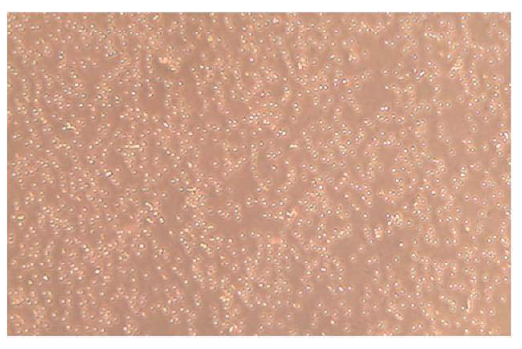

Stem cells are a special type of cell, which can be found in
almost all types of tissue and through the entire life span of
multicellular organisms. Their main function is to provide
tissue development, homeostasis and to repair tissue damage. Stem
cells are characterised as cells that have the capacity to self renew,
multipotency/pluriopotency, clonality, and are divided into embryonic
stem cells and adult stem cells.
Mesenchymal Stem Cells (MSCs)
Mesenchymal Stem Cells (MSCs) are a group of adult stem cells
occurring naturally in the body. Adult stem cells are undifferentiated
cells found in numerous tissues throughout the body that divide to
replenish dying cells and to regenerate damaged tissues. To date,
other than bone marrow stem cells, MSCs have been identified in a
variety of tissues,1-3 such as adipose tissue, peripheral blood, spleen,
brain, synovial fluid, dermis, muscle, dental pulp, umbilical cord,
placenta, skin, liver, pancreas and intestines that are differentiated
along several mesenchymal lineages. On the other hand, there are
significant differences in the proliferation and their differentiation
abilities, and in harvesting procedures among these MSCs.